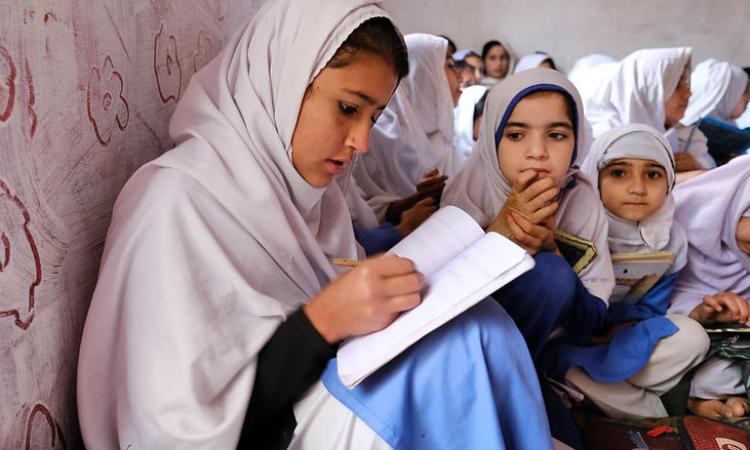Empowering Adolescents in South Asia
South Asia, home to 600 million children, has the highest number of young people globally. While these youth contribute to the social and economic stability and prosperity of their families, communities and countries, they face several threats to their health, education and protection, including pressures to drop out of education, become child workers, marry and reproduce early. Given this, finding what works and at what cost to improve adolescent lives in this region and globally is critical.

Improving adolescent lives in Pakistan
In 2014, UNICEF, with funding from IKEA Foundation, launched the Improving Adolescent Lives Program aiming to create a community dialogue in Afghanistan, India and Pakistan to delay marriage and pregnancy among adolescent girls and increase school enrolments. While the Afghanistan program stalled due to local challenges, UNICEF continued to implement the program in India and Pakistan.
Over six years, the UNICEF program, Improving Adolescents Lives in Pakistan (IALP), aimed to reduce child marriage rates, decrease the number of early pregnancies, and increase school attendance. The program aimed to empower adolescents to become “agents of change” for themselves and their communities while voicing their rights and needs. The program focused on three groups: adolescents, families, and public authorities, considering how positive masculinities can play a role for empowerment. The IALP operated in the Bahawalpur and Rahim Yar Khan districts of Punjab province and Ghotki and Khairpur districts of Sindh province.
3ie managed the evaluation of IALP conducted by Center for Evaluation and Development (C4ED). With the impact evaluation design being integrated early on, along with the planning stages of the programs of UNICEF India and Pakistan through discussions between the implementers, evaluators and UNICEF, rigorous evaluation was embedded directly into the program in order to learn what works, for whom, how and at what cost for adolescent empowerment. You can read about one such discussion here. The impact evaluation, to be published soon, will support UNICEF in understanding how adolescents can be empowered.